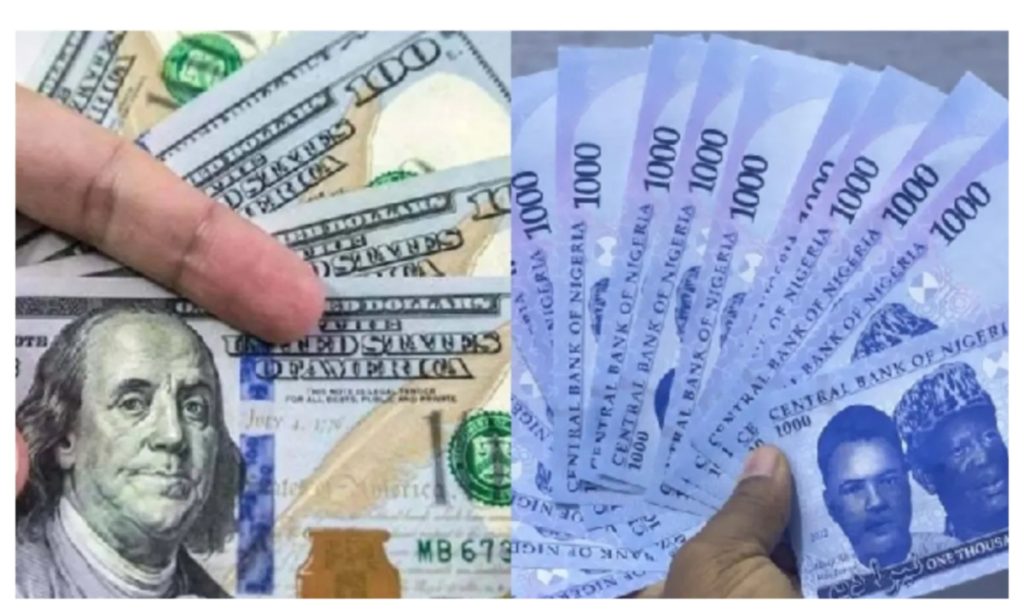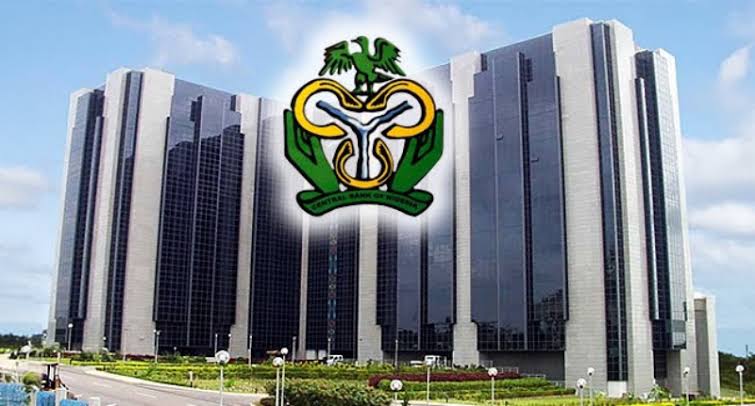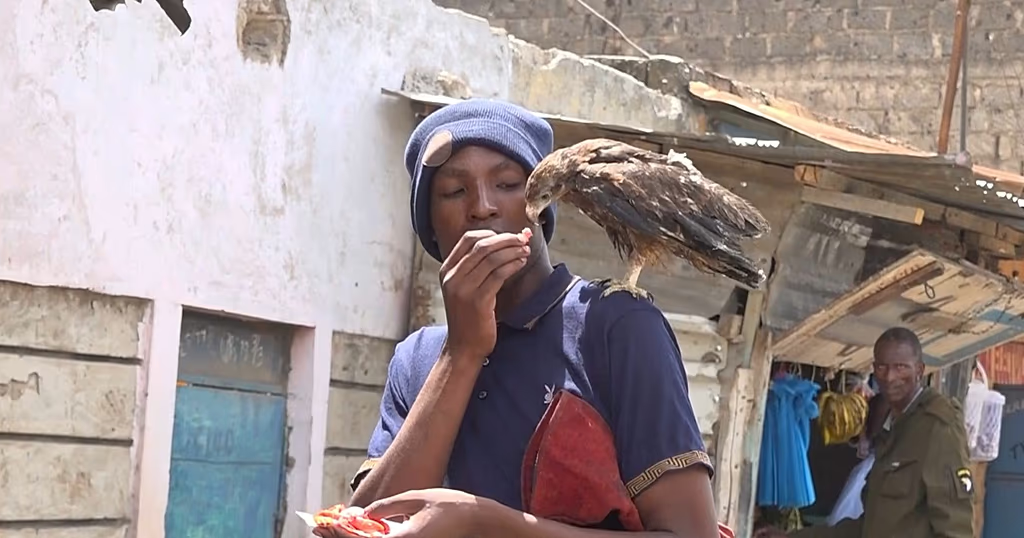The International Monetary Fund (IMF) and World Bank are set to convene their semi-annual gathering of finance ministers and central bank governors in Washington, amidst escalating trade tensions between the world’s two largest economies, the United States and China.
Last week, China introduced new export restrictions on critical minerals, prompting a strong response from US President Donald Trump, who announced plans to impose 100 percent tariffs on Beijing. The news sent US stock markets plummeting after hours, as investors grappled with the prospect of a renewed trade war.
According to IMF Managing Director Kristalina Georgieva, the global economy is performing “better than feared, but worse than we need.” The Fund now expects global growth to slow only slightly this year and next, driven by better-than-expected conditions in the US and other advanced economies, emerging markets, and developing countries.
The annual meetings, taking place at the IMF and World Bank’s headquarters in Washington, will focus on key issues such as job creation and global economic stability. World Bank President Ajay Banga will participate in events aimed at boosting labor market participation in countries facing rapid population growth. The IMF will hold press conferences to discuss its reports on the global economy, fiscal policy, and financial stability.
The meetings will also address the ongoing conflict in Ukraine, with a roundtable discussion on the country’s needs for ongoing support and reconstruction efforts. Additionally, finance ministers from the G7 and G20 groups of nations will convene to discuss global economic issues, including trade tensions.
The recent trade spat between the US and China has raised concerns about the impact of tariffs on global trade and economic growth. Despite the challenges, Georgieva noted that the world economy has generally withstood multiple shocks, avoiding a slide into a full-blown trade war. However, the ongoing trade tensions are likely to remain a major focus of discussion during the IMF and World Bank meetings.
The gatherings will provide an opportunity for finance ministers and central bank governors to discuss the current state of the global economy and address pressing issues such as trade tensions, job creation, and economic stability. As the meetings get underway, all eyes will be on the potential outcomes and their implications for the global economy.



